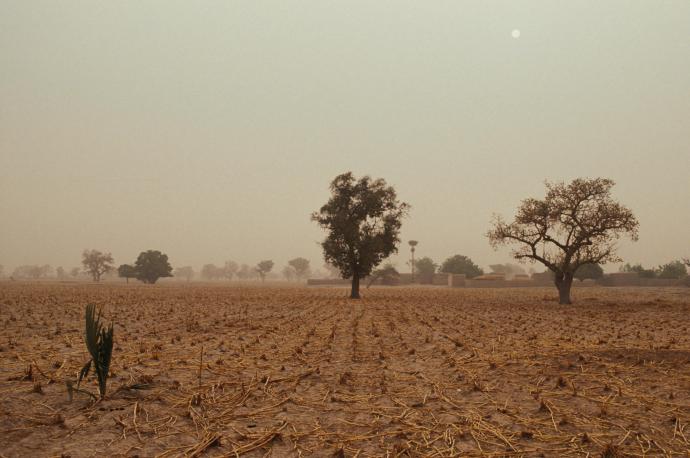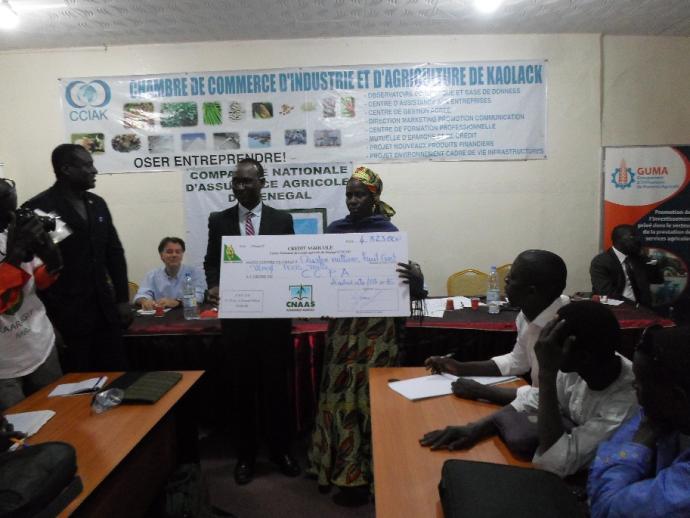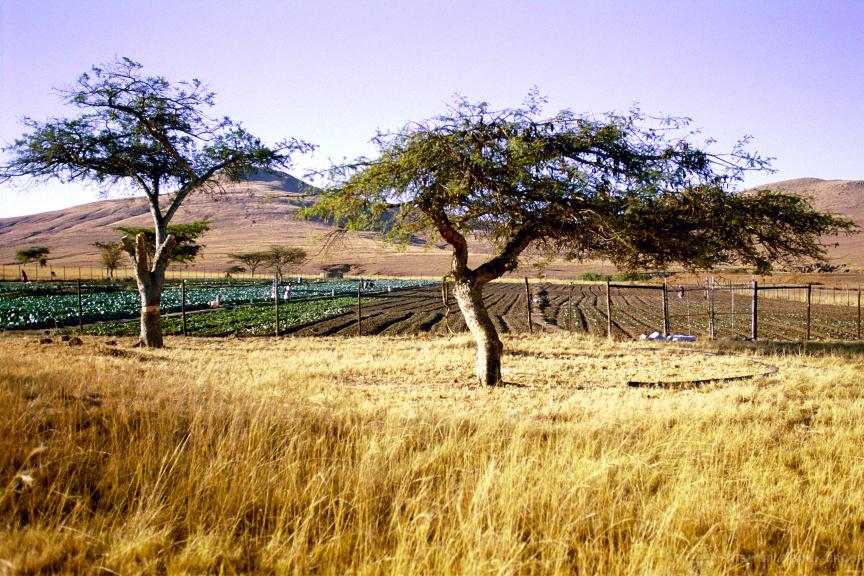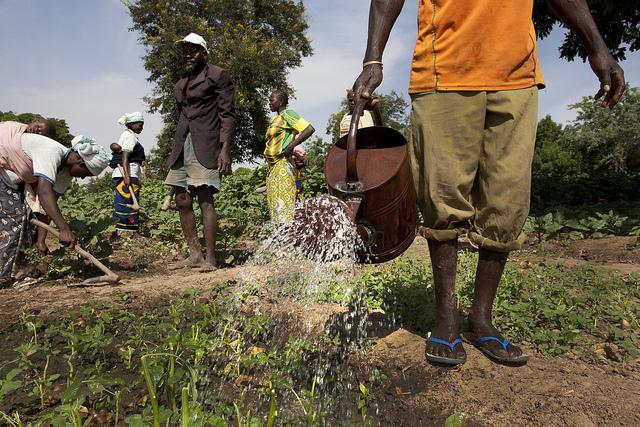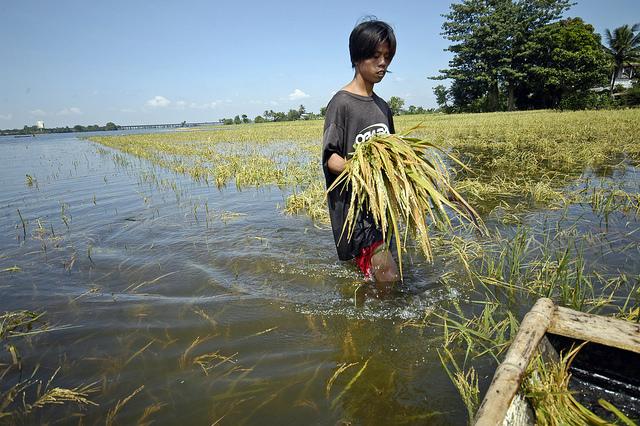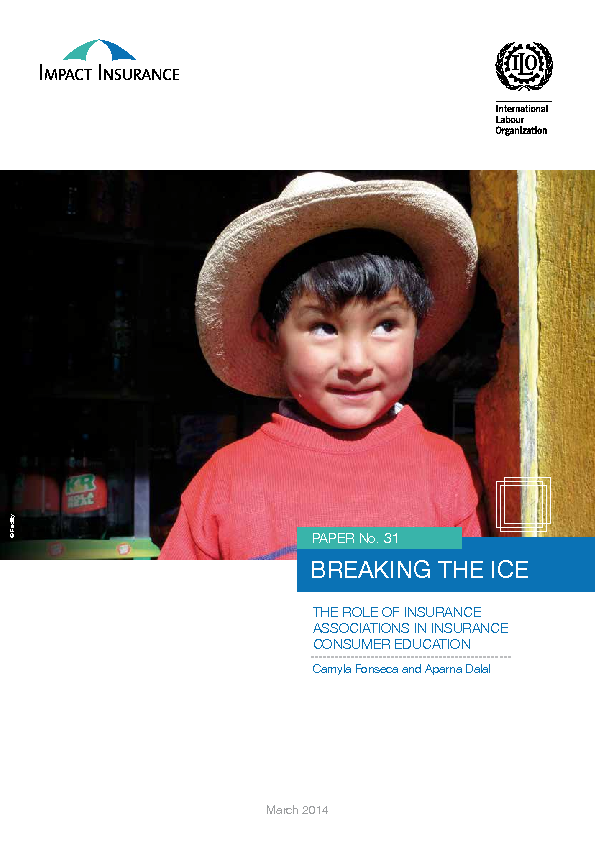20
Jul
What happens when a major national development organization – GIZ and a leading private insurer – Allianz SE get together to build innovation in micro-insurance? Watch full video of the event here Experts presented key insights on micro-insurance with a larger view on how these lessons learnt can be applied to other inclusive insurance projects and to various other sectors. The 60 minute session showcased case-studies ranging from how GIZ has assisted Allianz in turning a corporate responsibility charitable micro-insurance story into a fully-fledged and profitable micro-insurance business

